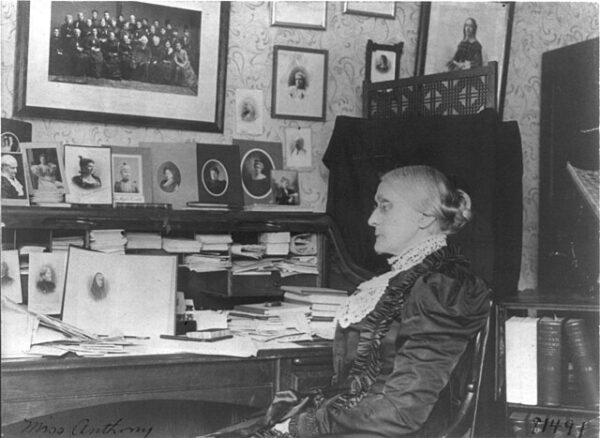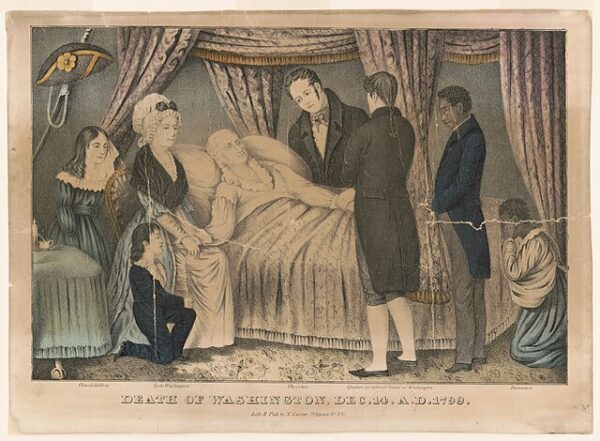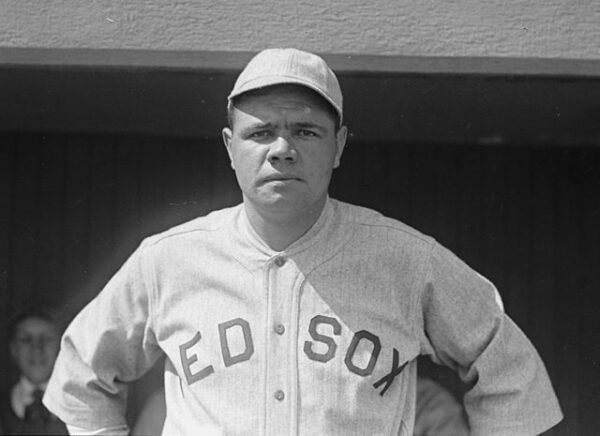On November 18, 1872, Susan B. Anthony found herself at the center of a pivotal moment in American history. A prominent advocate for women’s voting rights and a key figure in the suffrage movement, she was arrested for illegally casting a ballot in the presidential election between Ulysses S. Grant and Horace Greeley (choosing Grant). At the time, women were denied the right to vote, and Anthony’s act of civil disobedience was a bold and intentional challenge to the prevailing societal norms.
Her arrest soon became a national sensation.
The detention of Anthony was not just an isolated incident but a deliberate strategy to draw attention to the glaring inequality in voting rights. Anthony, along with other suffragists, believed that by openly defying the law and facing legal consequences, they could bring the issue of women’s suffrage to the forefront of public consciousness. Anthony’s trial, which took place in June 1873, was a high-profile event that garnered significant attention and further amplified the suffragists’ cause.
During the trial, Susan B. Anthony delivered a passionate defense of her actions, arguing that the Fourteenth Amendment to the U.S. Constitution, which granted equal protection under the law to all citizens, implicitly included women. However, the judge’s instructions to the jury favored a conviction, and Anthony was found guilty. The judge did not impose a fine, allowing Anthony to avoid paying, but her arrest and trial served as a catalyst for the suffrage movement, inspiring others to join the fight for women’s right to vote.
While Susan B. Anthony’s arrest did not immediately lead to women gaining the right to vote, it played a crucial role in advancing the suffrage cause. The incident contributed to the momentum that eventually led to the passage of the Nineteenth Amendment in 1920, granting women the right to vote nationwide. Anthony’s commitment to the cause and her willingness to face arrest for her beliefs solidified her legacy as a key figure in the fight for gender equality and expanded civil rights in the United States.
In August 2020, President Donald Trump pardoned Anthony for her crimes to celebrate the 100th anniversary of the Nineteenth Amendment.






